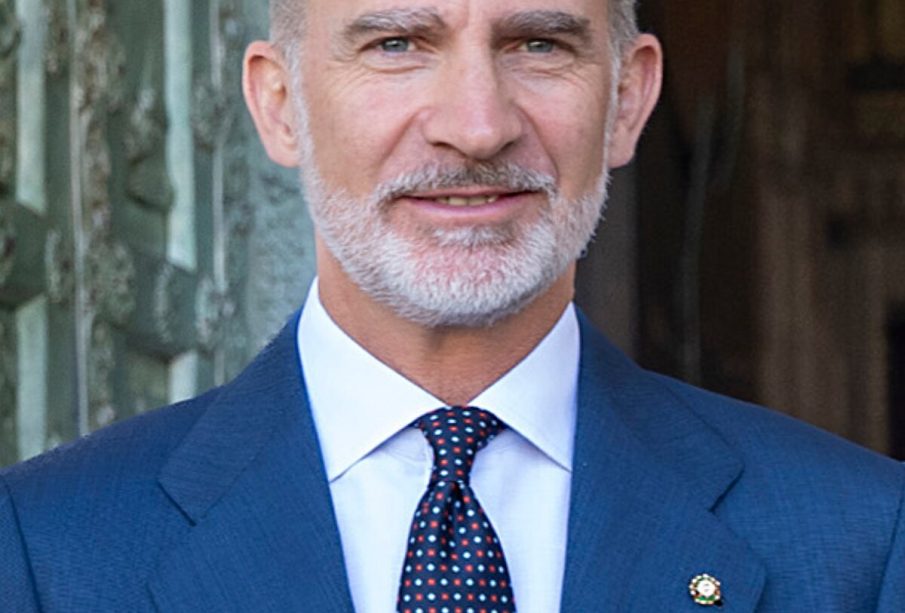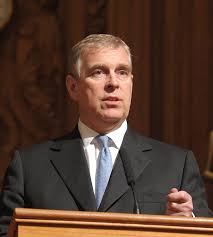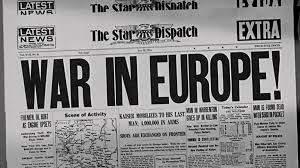The Role of the King of Spain in Contemporary Society

Introduction
The monarchy in Spain, represented by the King of Spain, holds a significant place within both the country’s culture and political landscape. Currently, King Felipe VI serves as the reigning monarch, embodying the continuity of the Spanish crown while navigating modern challenges. The relevance of the king extends beyond ceremonial duties; he plays a vital role in the nation’s political stability and social cohesion.
The Current Monarchy
King Felipe VI, who ascended to the throne in June 2014 following the abdication of his father, King Juan Carlos I, has sought to modernise the monarchy and restore public confidence following scandals that marred his predecessor’s reign. With a strong emphasis on transparency and accountability, King Felipe has positioned himself as a champion of democratic values while upholding the constitutional framework of Spain.
Recent Developments and Activities
In recent months, King Felipe VI has been active in addressing various pressing issues, including the economic recovery post-COVID-19, regional tensions, and social inequalities. Notably, his participation in international forums highlights Spain’s diplomatic aspirations and reinforces its role within the European Union. His public engagements often aim to bridge divides, especially in a country marked by political fragmentation due to different regional identities.
In late 2023, the King held discussions with political leaders to foster collaboration towards addressing the rising costs of living, a predominant concern for many citizens. Through these efforts, he demonstrates his commitment to engaging with various stakeholders, including civil society and regional governments, to identify viable solutions.
Significance of the Monarchy
Despite facing scrutiny and calls for reform from certain sectors, the monarchy continues to play a crucial role in Spanish identity. The King is often seen as a unifying figure amid political unrest and diverse regional interests. His ability to maintain neutrality while supporting democratic processes is essential for promoting stability in Spain.
Conclusion
The King of Spain remains a pivotal figure in the contemporary socio-political landscape of the nation. As challenges persist in various forms, from economic issues to regional aspirations, the monarchy’s adaptability to modern demands will be crucial. Looking ahead, King Felipe VI’s leadership will likely influence Spain’s trajectory, reinforcing the monarchy’s relevance within the ever-evolving framework of Spanish governance and society.









